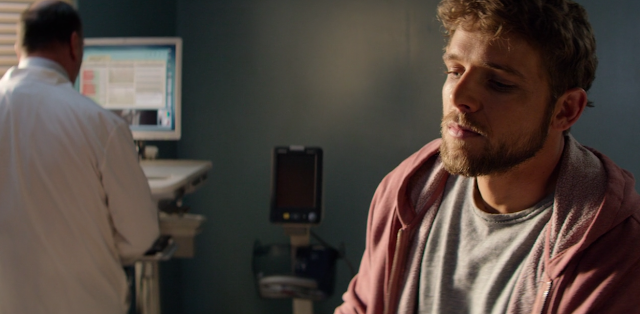A new insult to veterans: Thousands are unlawfully being denied medical care | Vince Bzdek
The Gazette
Vince Bzdek
March 7, 2020
Just because a discharge is “other than honorable” doesn’t mean that a vet doesn't qualify for medical benefits, according to the VA’s own rules. But the new study by the Veterans Legal Clinic at Harvard Law School says the VA has unlawfully turned away thousands of veterans with other-than-honorable discharges because officials at the VA systematically misunderstood the law and didn’t review the vets’ applications properly.
A new study has discovered that the VA has unlawfully turned away thousands of veterans with other-than-honorable discharges because officials at the VA systematically misunderstood the law and didn’t review the vets’ applications properly. Associated Press file photo. Ted S. WarrenVeterans call it “bad paper.”
In a Pulitzer Prize-winning series of stories reported in 2013, The Gazette found that more soldiers than ever are receiving “bad paper”, which means they are receiving “other than honorable” discharges for some sort of misconduct ranging from drug use to insubordination.
The Gazette investigation, based on data obtained through the Freedom of Information Act, found that the annual number of misconduct discharges was up more than 25% Armywide since 2009. At the eight Army posts that house most of the service's combat units, including Fort Carson in Colorado Springs, misconduct discharges had surged 67%.
The Gazette discovered a Catch-22 about those discharges. Many “other than honorable” discharges stem from misconduct due to traumatic brain injuries received during service or to mental health issues caused by deployment. The problem is TBI and PTSD aren't usually diagnosed until long after those other than honorable discharges are handed out.
read it here


























